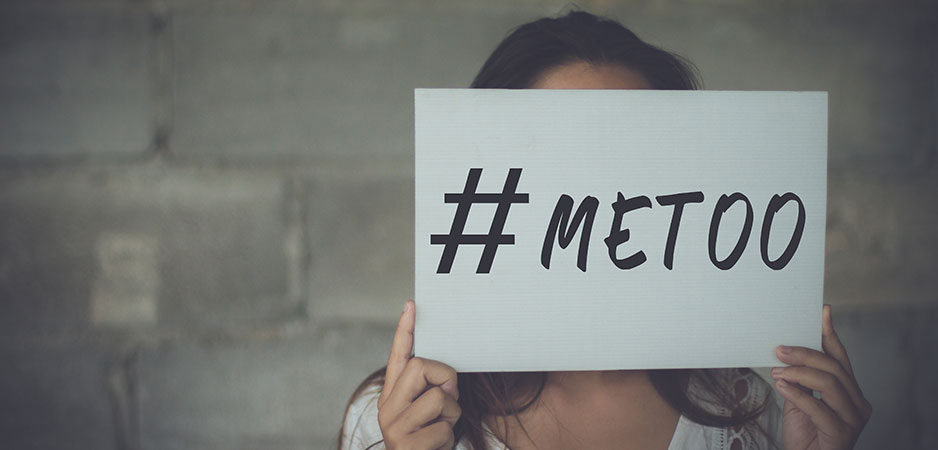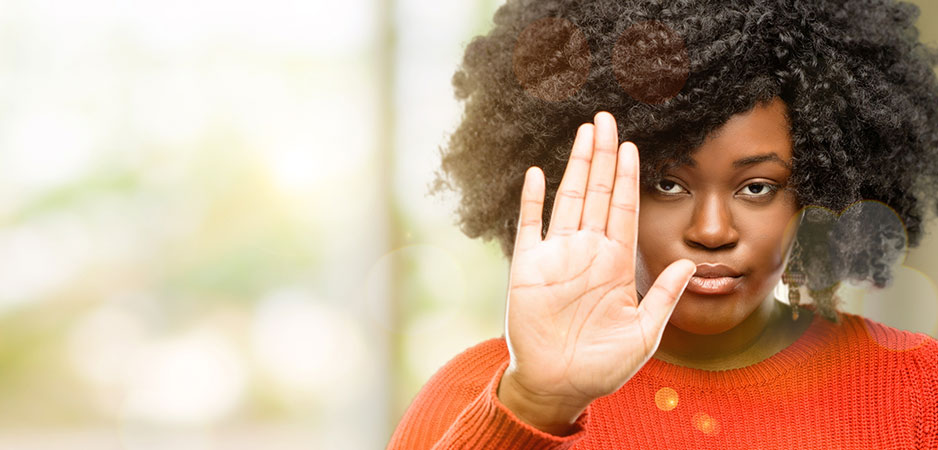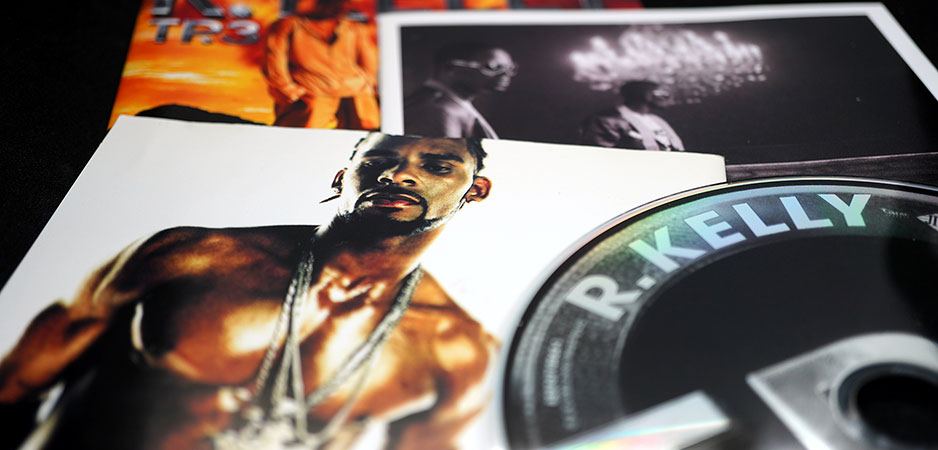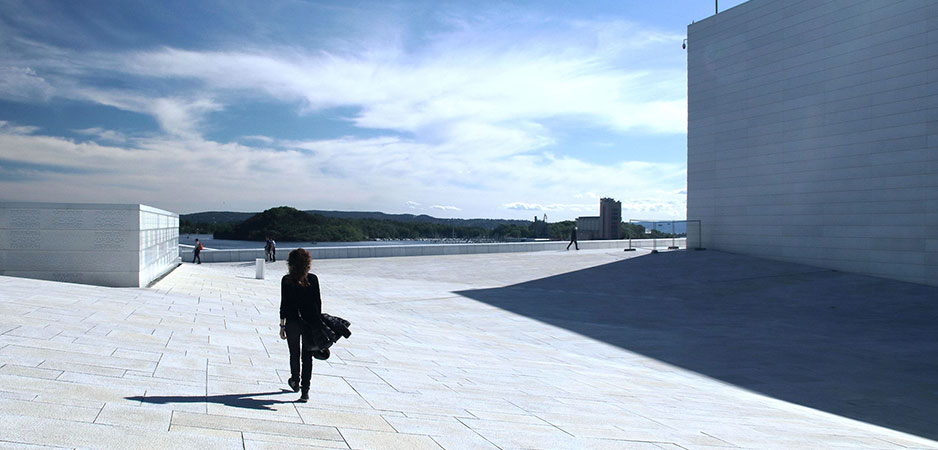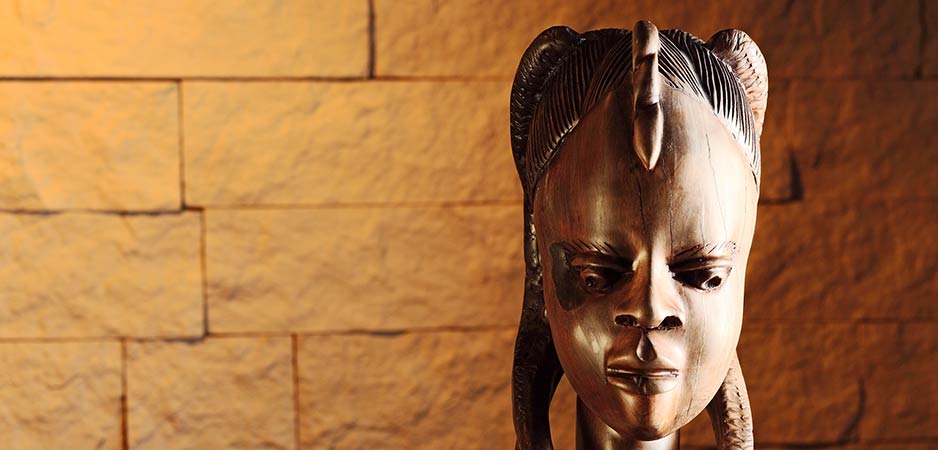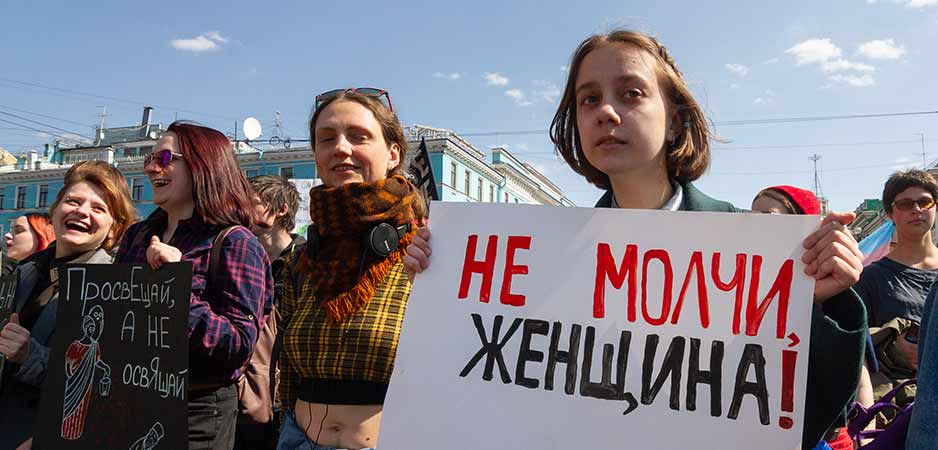We have come a long way from the times when women were classified as militants and arrested for demanding voting rights, stepping in front of galloping horses to garner attention. In just over two years, the #MeToo movement has made us question the notion of sexual engagement, our understanding of what constitutes as consent, and insisted that we become aware of others’ experiences.
#BalanceTonPorc in France, #NotHerFault in Russia, #ArewaMeToo in Nigeria and #NiUnaManos in Latin America have all worked toward raising awareness of sexual assault and harassment as experienced across different cultures and socioeconomic environments.
Scroll down to read more in this 360° series
Critics of the movement, who include women, have argued that #MeToo has gone too far in its zealous pursuits, dispersing vengeful character assassinations at will. While few rape accusations are false, and men are statistically more likely to be raped than falsely accused, in cases of sexual harassment that often come down to subjective interpretation of events, there is a danger of unconditionally believing the accuser. The actor and comedian Aziz Ansari’s dating history and US Senator Al Franken’s downfall are, perhaps, a case in point.
Others still lament that this new rhetoric has taken the fun out of flirtation and sex, politicizing relationships to a degree of professional stiffness. The story of the #MeToo movement is, therefore, anything but straightforward.
The Story of #MeToo
“You are not alone.” This is the ethos of the “me too” movement that was founded in 2006 by Tarana Burke, borne of her experience of working with young black women and girls from low-income communities. The goal of the movement is to “reframe and expand the global conversation around sexual violence” to include those most often left out of the public eye — communities of color, sexual minorities, those living with disabilities and young people.
But the movement, which, as Burke writes, “started in the deepest, darkest place in my soul,” only burst onto the global stage when the American actor Alyssa Milano used the phrase that has now become a viral hashtag, #MeToo, in a 2017 tweet calling on women to share their experiences of sexual assault and harassment. Catching like a wildfire across social media, #MeToo showed women around the world that they were indeed not alone. The sheer magnitude of revelations caught many by surprise. According to Pew Research, within the first year of Milano’s tweet, the hashtag was used more than 19 million times on Twitter alone.
A tide of high-profile allegations followed. The Hollywood bastion fell first, with accusations against film producer Harvey Weinstein rolling in faster than one could count. Many now infamous names were added swiftly to the blacklist: Kevin Spacey, Bill Cosby, Morgan Freeman, James Franco, Dustin Hoffman, Louis C.K. Then came the media industry, with #MeToo deposing airtime stars like Charlie Rose, Bill O’Reilly and Matt Lauer, as well as the chief executive of CBS, Les Moonves.
The wave rolled on, catching the footballer Cristiano Ronaldo, the Backstreet Boy Nick Carter, Senator Franken, former UK Defense Secretary Michael Fallon, the singer R. Kelly, judge Brett Kavanaugh and even the president of the United States, sweeping up university professors, orchestra conductors and renowned photographers the world over.
The #MeToo movement has put the accusers — the women historically silenced by countless levels of sexist oppression as well as the male victims who have been largely ignored when it comes to sexual and domestic violence — center stage. “Believe women” became the simple idea that shifted the balance of social power.
In November 2017, Los Angeles County launched a special task force to address the spike in allegations. The number of victims of rape and sexual assault reported in the US was up from 23% in 2016 to 40% in 2017, according to the Department of Justice. In the UK, Home Office figures show that the number of rapes reported to the police increased from close to 36,000 in 2015-16 to nearly 58,000 in 2018-19, prompted by the #MeToo revelations.
Why Does #MeToo Matter?
But it’s an uphill struggle. #MeToo may have opened doors for victims to report abuse but, according to the same Home Office statistics, charges or summons for rape have fallen from one in seven in 2015-16 to just one in 65 in 2018-19. The LA task force is still to officially charge someone. Many of the #MeToo-inspired accusations are historic, and prosecutors face obstacles such as expired statutes of limitations and obtaining hard evidence. Yet more states across America are now moving toward either expanding or completely removing the statutes of limitation for sex crimes.
While Weinstein has pleaded not guilty pending trial, many of the accused perpetrators have made a recovery — and even a comeback. Two cases against Spacey have been dropped by the prosecution. Ronaldo’s career is still in full swing after a ruling that allegations against him could not be “proven beyond a reasonable doubt.” Louis C.K. is back on the comedy circuit. Daniele Gatti and Charles Dutoit are still conducting orchestras. Epstein, charged with sex trafficking, committed suicide before he could face justice. Kavanaugh is presiding on the US Supreme Court, and Donald Trump is still in office. Only Cosby is serving his sentence at a maximum security prison in Pennsylvania, comparing himself to other political martyrs like Martin Luther King Jr. and Nelson Mandela.
According to the UN, one in three women experience physical or sexual violence globally. India remains the worst country in the world to be a woman, with a rape occurring at least once every 20 minutes. In China, the budding #MeToo movement has claimed some high-profile victories, but activists find themselves fighting a double-edged sword of discrimination and censorship. In Japan, a pop singer was forced to publicly apologize for her assault, and South Korea is only starting to scratch the surface of its own dark underbelly. Nigeria’s fledgling #ArewaMeToo movement is facing a backlash.
In 2018, the European Union Agency for Fundamental Rights found that some 60% of women surveyed have experienced sexual harassment. In Russia, the government has decriminalized types of domestic violence under the guise of keeping families together, disregarding an estimated 600 women killed each month in their homes and a further 36,000 being abused daily across the country. In Britain, a poll found that a third of men and a fifth of women thought that if a woman flirted on a date without explicitly consenting to sex, “it generally would not count as rape” — nor would sex without consent in a long-term relationship for a quarter of respondents.
There is an obvious danger of equalizing various degrees of sexual harassment and assault. Where do we draw the line between inappropriate sexual behavior and malicious, even criminal, intent? Social media is hardly an appropriate forum to try sexual abuse allegations. But in what is often the absence of other viable avenues, women have sharpened #MeToo into an Amazon’s sword in a fight to change the rules of the game. At the moment, as the new revolution is trying to find its footing, the lines are being drawn on shifting sands.
The views expressed in this article are the author’s own and do not necessarily reflect Fair Observer’s editorial policy.
For more than 10 years, Fair Observer has been free, fair and independent. No billionaire owns us, no advertisers control us. We are a reader-supported nonprofit. Unlike many other publications, we keep our content free for readers regardless of where they live or whether they can afford to pay. We have no paywalls and no ads.
In the post-truth era of fake news, echo chambers and filter bubbles, we publish a plurality of perspectives from around the world. Anyone can publish with us, but everyone goes through a rigorous editorial process. So, you get fact-checked, well-reasoned content instead of noise.
We publish 2,500+ voices from 90+ countries. We also conduct education and training programs on subjects ranging from digital media and journalism to writing and critical thinking. This doesn’t come cheap. Servers, editors, trainers and web developers cost money.
Please consider supporting us on a regular basis as a recurring donor or a sustaining member.
Support Fair Observer
We rely on your support for our independence, diversity and quality.
Will you support FO’s journalism?
We rely on your support for our independence, diversity and quality.

